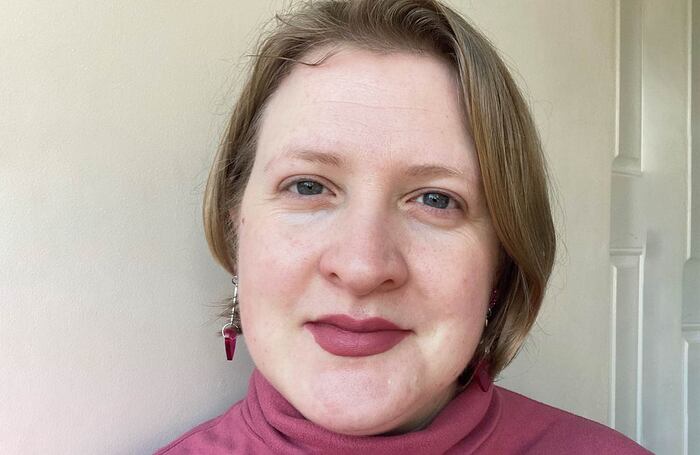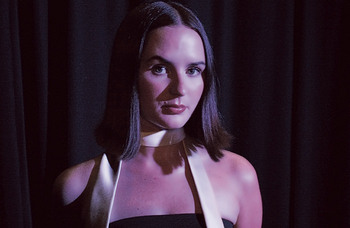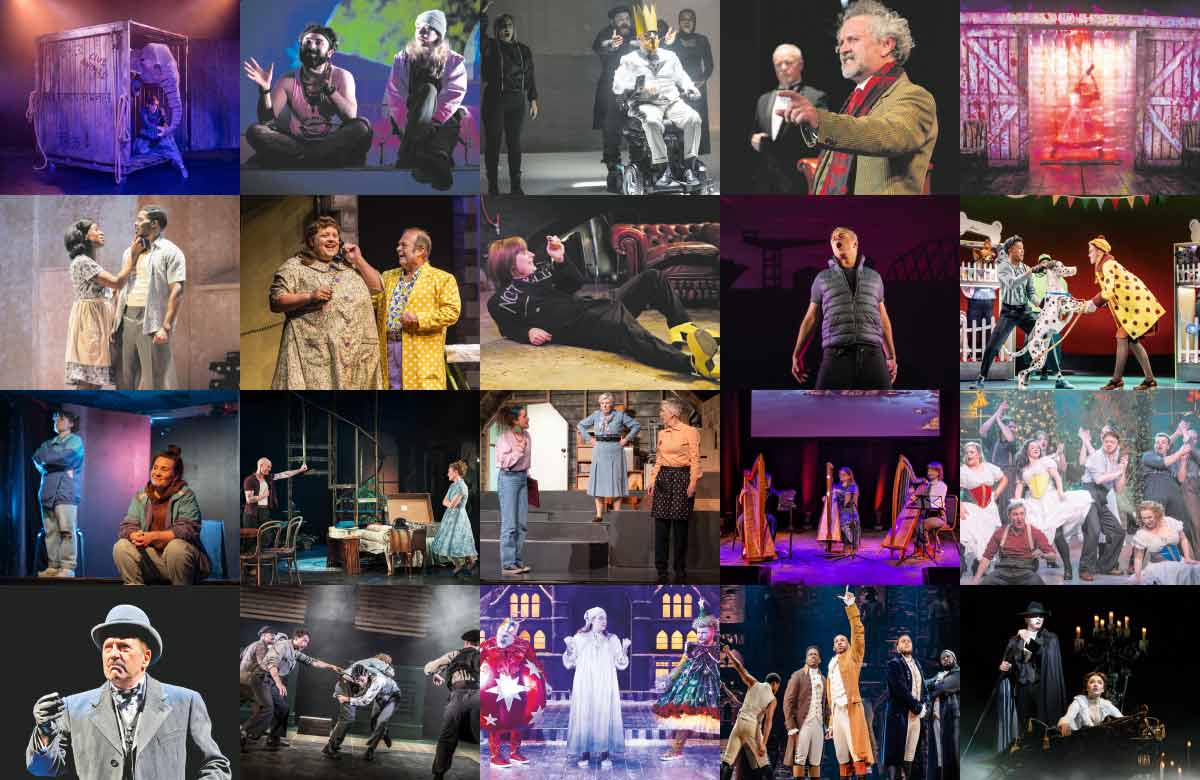Jo Wright: 'The more ways you connect with the world, the better equipped you will become'
Birmingham Hippodrome head of learning Jo Wright gives her advice for students and graduates
How did you start in theatre?
I had a great primary school teacher who fostered an interest in performing, and I went to a great youth theatre. My first job in the theatre world was with Shakespeare Schools Festival. I view myself as a practitioner with a vested interest in young people and learning. I’ve pursued roles in this area since my first opportunity – it’s fantastically entertaining as well as artistically fulfilling.
What is your best advice for drama students and graduates?
Get more involved. There can be a tendency to think that, because of the amount you’re paying, your course should provide all you need, but much more of what you learn is from other opportunities – make work outside of class, volunteer for festivals, undertake paid internships, join societies; think about the transferable skills you gain from any paid work you do – from customer service to money management. The more ways you connect with the world, the better equipped you will become.
What would you change about the industry?
More opportunities for artists to train in facilitation skills throughout their careers; user-friendly funding applications; arts embedded in the curriculum and learning embedded within arts organisations.
What is the best part of your job?
People – making stories with people. I have a fantastic team of colleagues. I work with young people who fill me with admiration and joy. I am privileged to see fantastic work.
And your least favourite?
Budgeting. I find it tough to navigate financial systems. It is like trying to use another language.
Which arts practitioners do you admire and who would recommend to students?
Sarah Brigham at Derby is making fantastic strides in inclusive work. Of the practitioners I have studied, I find Augusto Boal’s practice the most useful, and repeatedly go back to his book Games for Actors and Non-Actors.
What one skill should every successful theatre professional have?
Consideration. It is a skill that should be cultivated. What do you need to take into account so that the people you work with can make their best work?
Opinion
Recommended for you
Advice
Recommended for you
Most Read
Across The Stage this weekYour subscription helps ensure our journalism can continue
Invest in The Stage today with a subscription starting at just £5.99
 John Byrne
John Byrne












